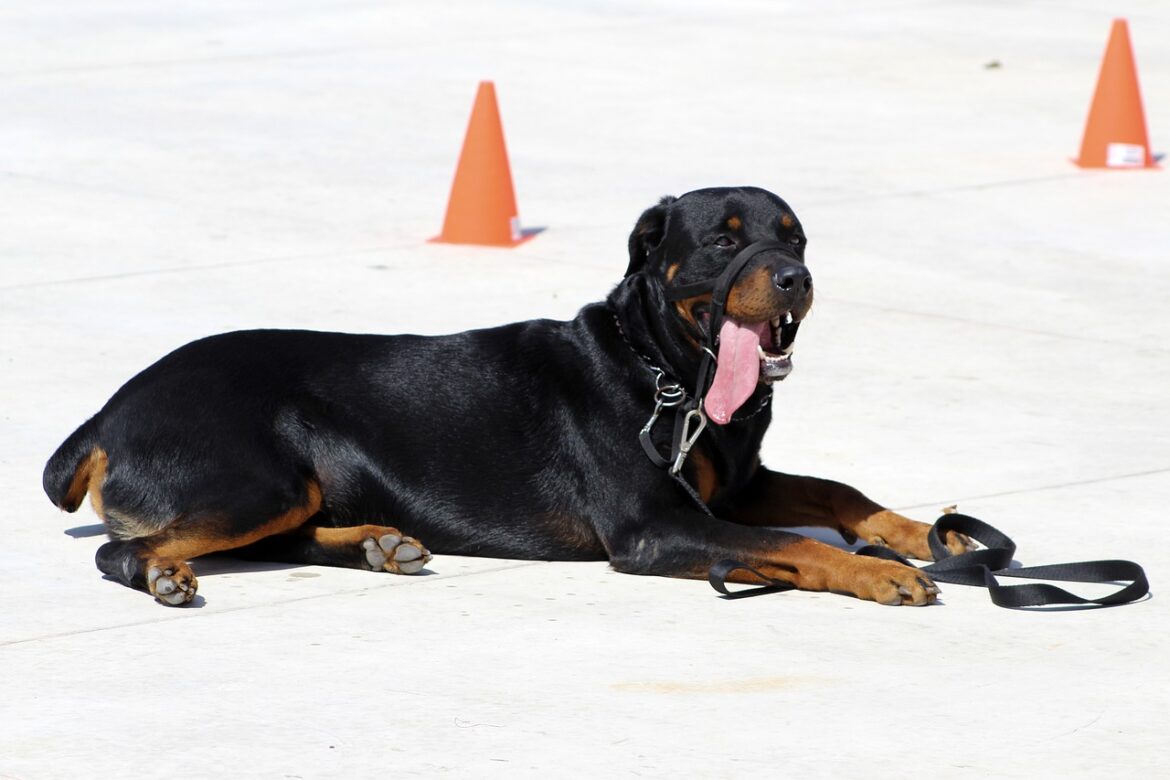As humans, we face all sorts of pressures in our daily lives and we respond differently for different reasons based on our own capability to handle pressure. Maybe did not learn how to react to these pressures when we were younger. Perhaps, because we have some form of insecurity that manifested from past life experiences. Some people have the capacity to take it as a challenge for growth. A mixture of all three of these things sometimes affects the situation.
When you seriously think about it, it makes complete sense. When you are driving in the left lane and someone starts tailgating, you either go up or slow down. You have options and may react to your state of mind at that time that day. It is an example of physical pressure.
Some of us put immense mental pressure on ourselves. The pressure to acquire knowledge of something rapidly or to be perfect in a skill when that sometimes takes time. It is called being hard on yourself.
Life is a lot about pressure on and pressure off, and to think that would be different for a dog would be a miscommunication.
Have you ever given a bone to one dog and watched the second dog come and sit there until the dog with the bone walked away? This is physical pressure to give the toy or bone and often causes defensive behavior by the dog that has the bone at some point if it is allowed to happen. How the dog reacts with the bone depends mostly on the dog, but is it fair? Not at all.
Social pressure is a large problem for many dogs and some are not equipped to handle what comes in the box.
They make the wrong decisions because they are not comfortable and nobody listens and helps them out when they need it. If the dog has questionable social history and a new dog comes too close or hangs too long in his room, this can cause a reaction. This is how behavior issues begin and escalate. Go to your nearest dog park and watch the unfolding for yourself
It can be problematic if too much mental pressure is put on some dogs, causing frustration if there is no outlet for them, while others manage it very well. Some dogs will redirect in certain situations and some will shut down and some will simply obey. It always depends on the dog.
Knowing how your dog responds to pressure will help it in all aspects of its life, whether it is social or training oriented. Teaching the commands that are needed to maintain your dog are important and really not that hard to teach. Equal if not more important is learning how to prepare his/her body language. This is the best part of everything!



